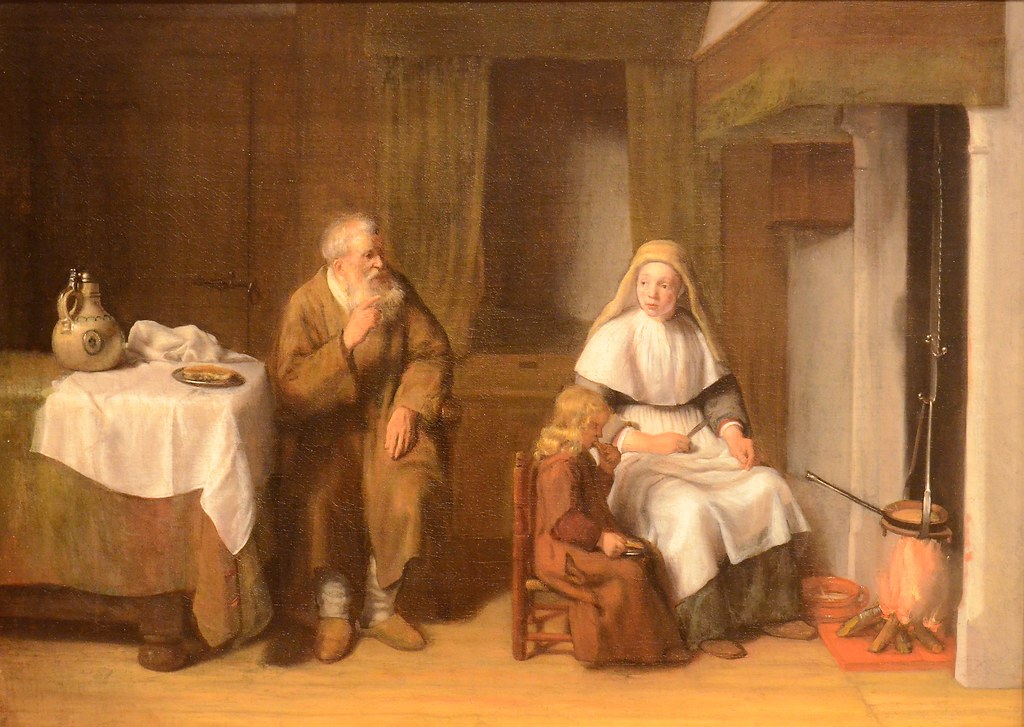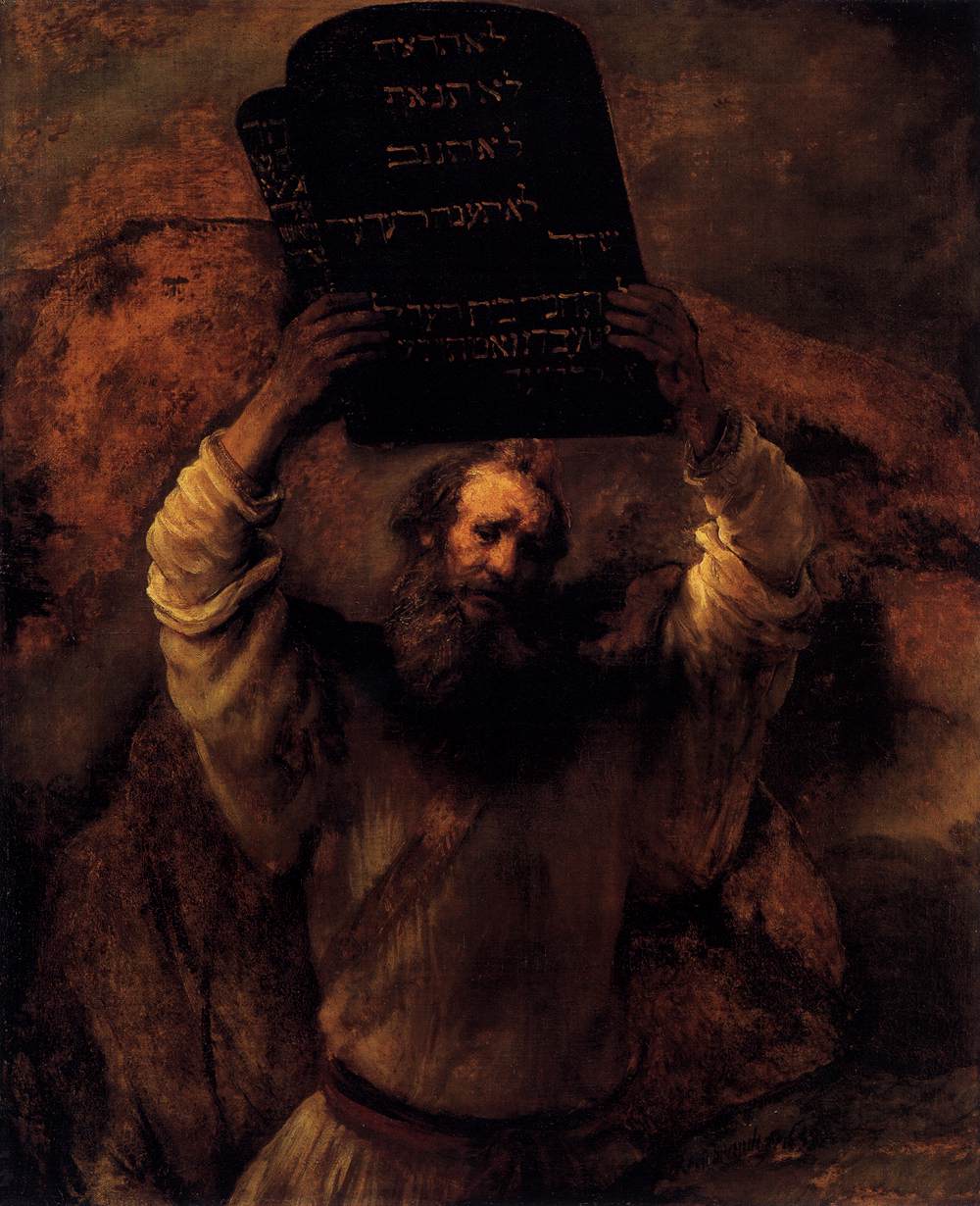This advent season, I would like us to observe the story of Elijah from 1 Kings 17:8-24.
This chapter consists of two pericopes, "The Widow of Zarephath" and "Elijah Raises the Widow's Son".
To begin with, let us dive into the character and context which this text was written.
Idol worship prior to the reign of King Ahab was “only” through cultural aspects: food, fashion, arts, etc. Yet during the reign of King Ahab, he made a system to idol worship through the annihilation of YHWH’s prophets. The events which 1 Kings 17:8-24 took place were when Elijah was YHWH’s last prophet, causing Elijah to be a minority.
Also take note that at that time, God also quit pouring rain as mentioned in 1 Kings 17:1.
Meanwhile, rain was the symbol of Baal, as Baal was believed to be the god of rain.
Through these three pericopes, we will see how “precious” Elijah’s life, because Judaism and Christianity “depended” on Elijah.
Through these stories, we will see how God worked to sustain Elijah.
 |
| The Prophet Elijah with the Widow of Zarephath and Her Son, by Abraham van Dijck |
"THE WIDOW OF ZAREPHATH"
God told Elijah to go to Zarephath, without Elijah knowing why. Yet, readers in the past would have been surprised to read this. In the New Testament, Jesus also retold this story of Elijah. And right after He did, He was threatened to be thrown off a cliff by the crowd! But why is this story so offensive for readers in the past, and perhaps to Elijah as well? Because the instruction that tells the last YHWH's prophet to go to Zarephath was illogical for two reasons:
- Both the Old Testament and New Testament always mention Zarephath being in Sidon, instead of merely the city of Zarephath alone, and we know Sidon is outside of Israel. It means that God asked Elijah to go outside of Israel to obtain his salvation from the oppression of King Ahab. Not only that, but Et Baal, the King of Sidon, was Jezebel's father, Ahab’s father-in-law. God has asked Elijah to go to Jezebel’s city, the city of a woman who sought his life. God has asked Elijah to go into the devil’s den.
- Not only did God imply that salvation will come from Jezebel's city, but salvation will also come from a gentile, a woman, a widow and a poor. Back then, women had no right whatsoever, they were mere properties, more so if they are widowed and poot. And yet God has declared that Elijah’s salvation will come from this woman. If you have not been surprised enough, let me make this relevant for your generation. It is equivalent to God wanting to save Christianity today through the hand of a transgender. The same impact occurred to Elijah when he heard of this instruction.
But why did God instruct Elijah to do so? If this is only a matter of giving Elijah bread to eat, then God could have used any widows in Israel. But God wanted to show that He is a gracious God and that there is a dark side of grace: He wants to show us that it is sometimes difficult to accept God’s grace. How could such a person be favored by God and receive His mercy?
False gods require men to provide some kind of an asset to reach the gods. Or maybe for us, we think there are certain requirements in order for us to be accepted and used by God: money, the requirement to possess the Holy Spirit, the requirement to learn the Bible well, or even the requirement to use hymns and not drums.
Yet, this is not the God of Christianity. Besides, could we ever apply the standards we use for others to judge ourselves? Remember that God works by bypassing all these human categories.
There’s a female pastor called Nadia, a quite questionable pastor actually, but she mentioned something very interesting. She said repentance is not a prostitute becoming a librarian, but a prostitute disgusted by herself, coming to the church, despised by the church, yet accepted by God. And she still comes to the church anyway because she knows although men do not accept her, God does.
Tim Keller once asked an atheist what kind of a god the atheist actually despises, and the atheist answered, “I don’t believe in a god who determines whether you are good or bad, and if you’re bad he punishes, if he’s good he’d be gracious”. And Keller said, "I too do not believe in that kind of a god".
This is what differs Christianity from religion: the absence of polarization between the insider and the outsider based on certain the requirements.


